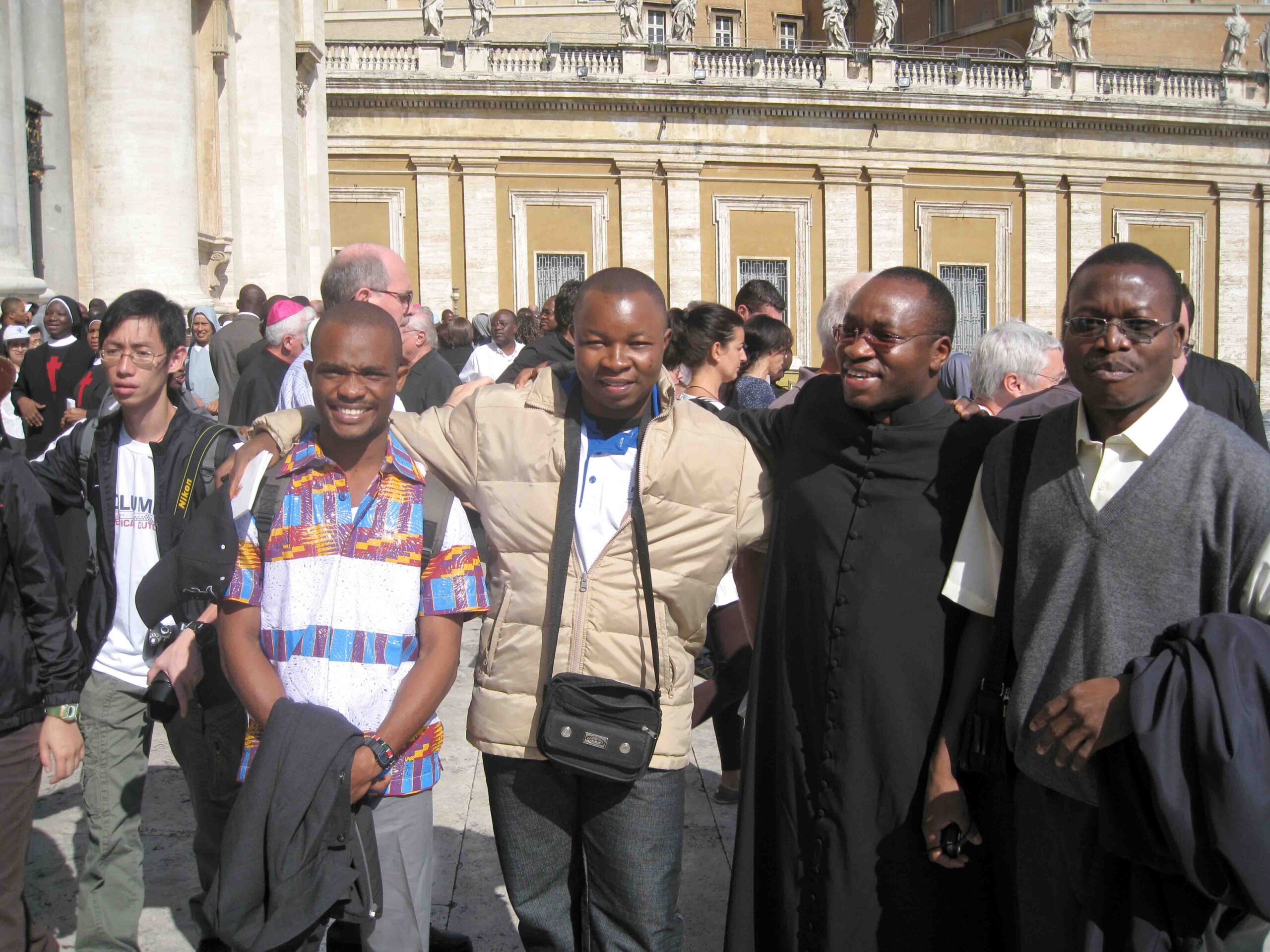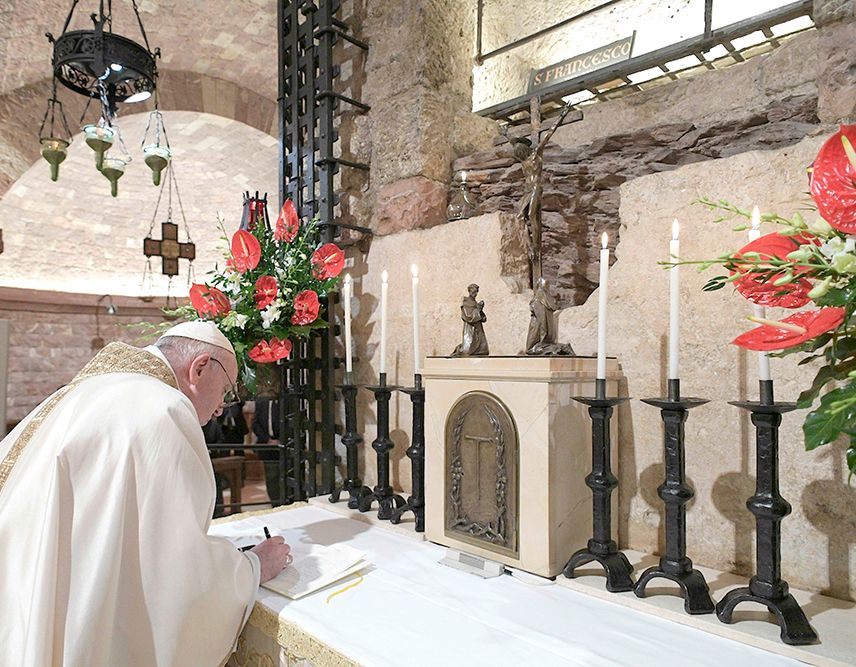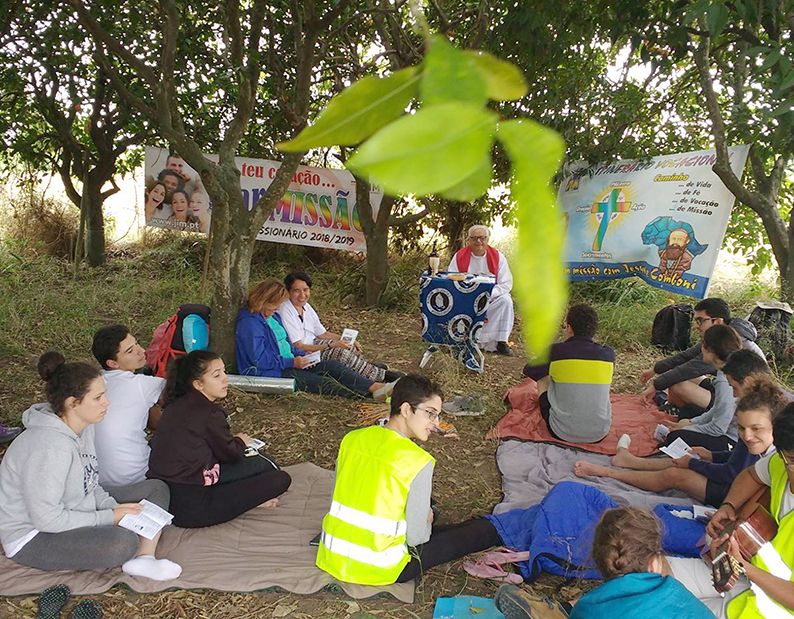In Dilexit Nos (He Loved Us), the Pope argues that the spirituality of the Sacred Heart offers a vital response to what he calls a “liquid society” dominated by technology and consumerism. “Living as we do in an age of superficiality, rushing frenetically from one thing to another without really knowing why, and ending up as insatiable consumers and slaves to the mechanisms of a market unconcerned about the deeper meaning of our lives, all of us need to rediscover the importance of the heart,” he writes.
Subtitled Letter on the Human and Divine Love of the Heart of Jesus Christ, the document is the first papal encyclical dedicated entirely to the Sacred Heart since Pius XII’s Haurietis Aquas in 1956. Throughout the document, Francis weaves traditional elements of Sacred Heart devotion with contemporary concerns, presenting Christ’s heart as the principal unifying reality in a fragmented world.
The publication followed the Pope’s announcement in June, when he noted that meditating on the Lord’s love can “illuminate the path of ecclesial renewal and say something meaningful to a world that seems to have lost its heart.”
Presenting the document, the Italian theologian Archbishop Bruno Forte of Chieti-Vasto, Italy, said the encyclical expressed “in a profound way the heart and the inspiring motive of the whole ministry and magisterium of Pope Francis.” He added that he thought the text was “the key to understanding this pope’s magisterium.”
Forte, a member of the Dicastery for the Doctrine of the Faith, presented the encyclical with Sr. Antonella Fraccaro, superior general of the Disciples of the Gospel. The 30,000-word document draws extensively from Scripture and tradition, citing St. Thérèse of Lisieux, St. Francis de Sales, and St. Charles de Foucauld.
IMPORTANCE OF THE HEART
Released during the concluding days of assembly of the Synod on Synodality in Rome, the document emphasizes both personal spirituality and communal missionary commitment. Francis develops his vision across five chapters, beginning with a philosophical and theological exploration of “the importance of the heart” before moving through reflections on Christ’s actions and words of love, the theological meaning of Sacred Heart devotion, its spiritual dynamics and social implications.
“The algorithms operating in the digital world show that our thoughts and will are much more ‘uniform’ than we had previously thought,” Francis writes, arguing that technological solutions alone cannot address the deeper needs of the human heart.
“In this age of artificial intelligence, we cannot forget that poetry and love are necessary to save our humanity. No algorithm will ever be able to capture, for example, the nostalgia that all of us feel, whatever our age, and wherever we live,” Francis writes.
He emphasizes that devotion to the Sacred Heart is not merely a private spiritual practice but has profound implications for social life and human relationships. “The world can change, beginning with the heart,” he writes, connecting individual transformation with broader social renewal.
The encyclical builds on historical devotion to the Sacred Heart, drawing in particular from the teaching of St. John Paul II, who wrote: “Devotion to the Sacred Heart, as it developed in Europe two centuries ago, under the impulse of the mystical experiences of St. Margaret Mary Alacoque, was a response to Jansenist rigor, which ended up disregarding God’s infinite mercy.”
CIVILIZATION OF LOVE
“The men and women of the third millennium need the heart of Christ in order to know God and to know themselves; they need it to build the civilization of love.” Dilexit Nos engages with modern thought, particularly in discussing the philosopher Martin Heidegger’s account of human emotion and understanding.
The Pope cites Heidegger’s insight that “philosophy does not begin with a pure concept or certainty but with a shock,” as “without deep emotion, thought cannot begin. The first mental image would thus be goosebumps.” The heart, writes Francis, “listens in a non-metaphoric way to ‘the silent voice’ of being, allowing itself to be tempered and determined by it.”
As the heart can “unify and harmonize our personal history, which may seem hopelessly fragmented,” the Pope writes, it “is the place where everything can make sense.” The document calls for a renewal of traditional Sacred Heart practices on this understanding while emphasizing their contemporary relevance.
“Our communities will succeed in uniting and reconciling differing minds and wills, so that the Spirit can guide us in unity as brothers and sisters. Reconciliation and peace are also born of the heart. The heart of Christ is ‘ecstasy,’ openness, gift and encounter.”
The Pope concludes by connecting this spiritual vision to the Church’s broader mission in the modern world, calling for what St. John Paul II termed a “civilization of love” built on the foundation of Christ’s love. This connects directly to Pope Francis’ previous encyclicals, Laudato Si’ and Fratelli Tutti, presenting Christ’s love as the foundation for addressing and solving contemporary challenges. Published in The Tablet
































